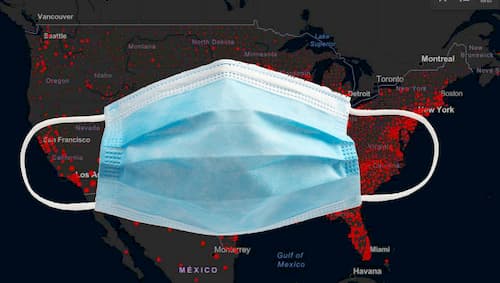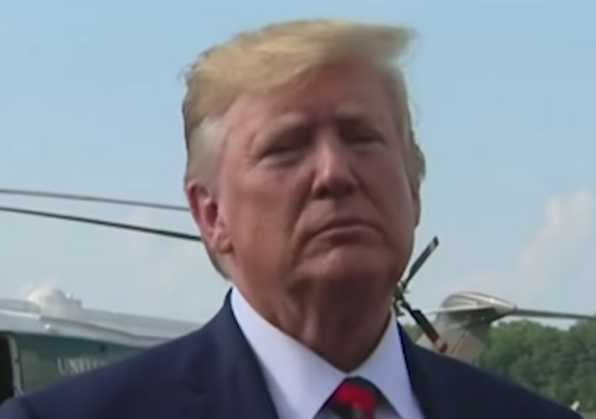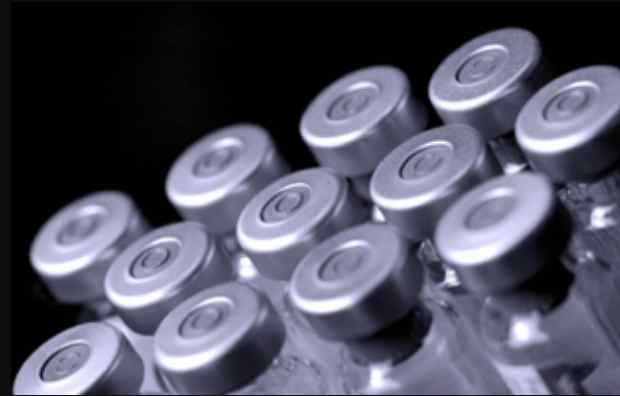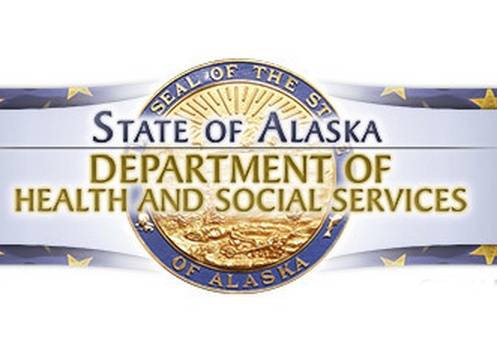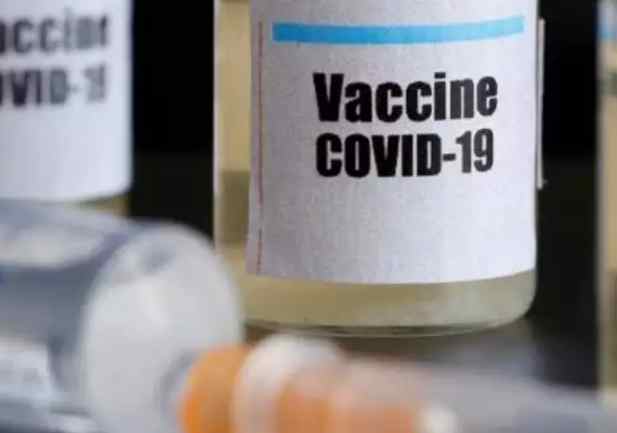The U.S. Centers for Disease Control and Prevention has confirmed that it has informed public health officials in all 50 states and several large cities to be prepared to distribute a coronavirus vaccine by November 1, two days before the presidential election.
The McClatchy news service was the first to report Wednesday that the CDC had sent out a four-page memo on August 27 for health departments to draft vaccination plans by October 1 “to coincide with the earliest possible release of COVID-19 vaccine.”
The New York Times says the memo from Dr. Robert Redfield, the director of the CDC, was also sent to public health officials in all U.S. territories, as well as New York City, Chicago, Philadelphia, Houston and San Antonio.
The CDC memo said health care professionals, employees of long-term care facilities and other essential workers, plus national security employees, should receive initial priority for a possible new vaccine.
The Times said the CDC also gave priority to Americans 65 years old or older, people from “racial and ethnic minority populations,” Native Americans and incarcerated individuals.
Dr. Redfield also urged health officials to quickly approve permit applications from McKesson Corp., the firm that has contracted with the CDC to distribute vaccines to sites including state and local health departments and hospitals, and “if necessary….consider waiving requirements that would prevent these facilities from becoming fully operational by November 1, 2020.”
[content id=”79272″]
Fauci’s take on potential vaccine
News of the CDC memo coincided with remarks made Wednesday by Dr. Anthony Fauci, the director of the National Institute of Allergy and Infectious Diseases, who said that he is confident there will be a “safe and effective” COVID-19 vaccine by the end of the year.
However Fauci also said in an interview last week with Reuters news agency that “the one thing that you would not want to see with a vaccine is getting an [emergency approval of a vaccine] before you have a signal of efficacy.”
“One of the potential dangers if you prematurely let a vaccine out is that it would make it difficult, if not impossible, for the other vaccines to enroll people in their trial,” he said.
Other health experts have also expressed skepticism about rolling out a vaccine before the completion of clinical trials, saying hastening its distribution to the public could pose safety risks and deepen anti-vaccination sentiments.
Safety checks
Patricia Zettler, a former Food and Drug Administration associate chief counsel told the Washington Post this week, “I think it’s extremely critical we have rigorous evidence of safety and effectiveness supporting a vaccine before the FDA gives its okay.” Zettler is currently a law professor at Ohio State University.
Some state health departments say they lack the staff, money and tools to educate people about vaccines and then to distribute, administer and track hundreds of millions of doses, according to the Associated Press.
“There is a tremendous amount of work to be done to be prepared for this vaccination program, and it will not be complete by Nov. 1,” Dr. Kelly Moore, associate director of immunization education at the Immunization Action Coalition, a national vaccine education and advocacy organization in Minnesota, told the AP. “States will need more financial resources than they have now.”
[content id=”79272″]
Only half of Americans trust vaccine
A recent poll from AP-NOR Center for Public Affairs Research found that only about half of Americans said they would get vaccinated.
The United States leads the world with 6.1 million total COVID-19 cases and 863,445 deaths. A surge of new cases across the country is attributed to college students taking part in large off-campus parties as they return to school for the start of the academic year, ignoring guidelines to wear face masks and observe social distancing. The latest outbreak is at the University of South Carolina in Charleston, where more than 1,000 students tested positive for COVID-19 in August, bringing the positivity rate to nearly 28 percent.
The university has placed nine fraternity and sorority houses under a 14-day quarantine after some students tested positive. The school has also suspended 15 students for throwing off-campus parties. Hundreds of students were also spotted crammed together at a large pool party off-campus that the local fire chief described as “almost like Mardi Gras,” a reference to the large and boisterous street celebrations held before the Christian season of Lent.
COVID death linked to South Dakota rally
Meanwhile, a resident of the northern state of Minnesota is believed to be the first person to have died of the coronavirus after attending a huge motorcycle rally in the neighboring state of South Dakota last month.
Health officials in Minnesota say the man was in his 60s and had underlying health conditions. He was one of hundreds of motorcycle enthusiasts who converged on the small town of Sturgis for 10 days, many of them also refusing to wear face masks or observe social distancing.
At least 260 new COVID-19 infections in 11 states have been tied directly to the event, according to the Washington Post.
Source: VOA

